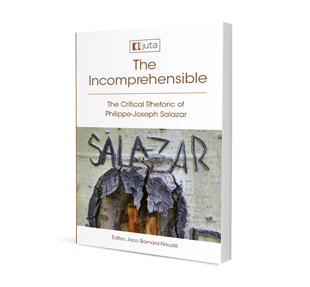
South African Amnesty 2.0: Incomprehensible?
Author Klaus Kotzé
ISSN: 1996-2088
Affiliations: International relations officer at the Inclusive Society Institute; Honorary Research Affiliate: Centre for Rhetoric Studies
Source: Acta Juridica, 2022, p. 101 – 118
https://doi.org/10.47348/ACTA/2022/a5
Abstract
The South African democracy faces a crisis of legitimacy and identity that locks it into a state of inertia. The state is proving unable to critically advance the constitutional ends of transformative democracy. It lacks the strategic concepts and arguments to do so and has subsequently become embroiled in an existential battle for the soul of the country. As a critical contribution, this essay evokes the need for politically expedient approaches and arguments. It reflects on the past, on the methodologies employed to bring about the unitary, democratic state, and on the need to look at purposeful, albeit incomprehensible, strategies that will allow transcendence beyond the current impasse. By and large, South Africa sets an example. It is a laboratory for democracy, and for that very reason, much like Athens, it will long remain an oddity, not only in Africa (as the Afro pessimists’ simplistic litany would like to have us believe) but also in global politics. South Africa is a test case for global democracy; it is a test case for rhetoric; and it is a test case for the relevance of rhetoric studies in a postmodern democracy.